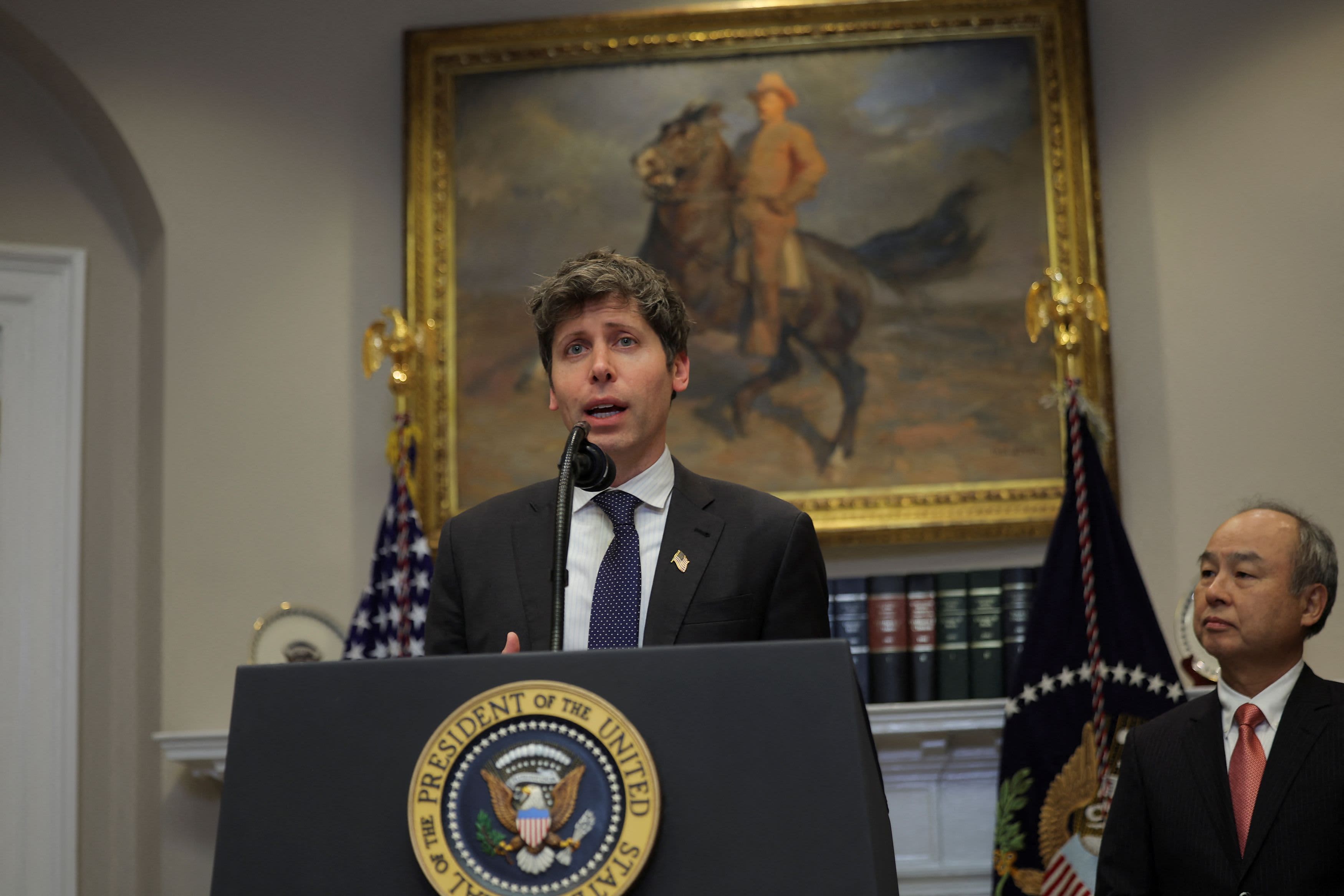My property shares a drive with a neighbour and the house was built in around 1938. In the last five years, the driveway has deteriorated to the point that the tarmac surface is no longer protecting the driveway.
The issue I have is with my neighbour, who is unwilling to contribute to the repair or resurfacing of the driveway.
Is there some way of legally enforcing him to support the maintenance of the driveway?
I am reluctant to pay for the whole resurfacing as it is a joint drive.

Jane Denton, of This is Money, replies: A shared driveway is a driveway which more than one household needs access to.
While some modern developers use them on new-build sites to economise on space, others pre-date the 1930s.
Some people living with shared driveways will never run into difficulties, but for others, they can be troublesome.
You should examine the title deeds of your property carefully to check who is responsible for what when it comes to the driveway or other shared spaces.
In your case, be aware that that different ownership models can apply, so you can't assume anything.
Ideally, all involved parties chip in and help pay for maintenance, but this is not always straightforward to achieve.
According to Checkatrade, creating a mutually agreed maintenance agreement for shared driveways can help prevent disputes later down the line.

Hassan Dervish, director of housing law at Duncan Lewis Solicitors, said: These issues are increasingly common, but there is no one-size-fits-all response.
The good news is that, yes, there may be a way to oblige your neighbour to contribute to the maintenance or even the resurfacing of the shared driveway.
The first step is to examine the title deeds and registers of title for both your property and your neighbour’s. This will clarify ownership of the driveway and the rights and responsibilities each of you holds.
You can examine the title deed of any UK property, even if it is not yours. Property access title deeds and related documents can be accessed through the HM Land Registry website. For a small fee, you can request the title register and the title plan.
It may turn out that you and your neighbour are equally responsible for contributing to the repair or resurfacing of the shared driveway.
However, even after reviewing the documents, your rights may not be entirely clear.
The issue can become more complicated if your neighbour is not the original purchaser of the property.
Once you understand the facts, it’s worth approaching your neighbour again to try to reach an amicable agreement. They may have simply misunderstood their obligations under the documents.
This is an awkward situation, one requiring tact and sensitivity, as no one wants things to escalate.
If your neighbour continues to reject your efforts, you might consider engaging a professional mediator, who can help facilitate a constructive discussion and propose ways to move forward.
If necessary, you could seek advice from a solicitor who specialises in neighbour disputes. They could help clarify your legal position and, if required, draft a letter to your neighbour detailing your concerns and the potential legal consequences if the issue remains unresolved.

Olivia Egdell-Page, a partner and head of property at Joseph A Jones & Co LLP, said: The Highways Act 1980 states that a private or unadopted road is by definition a highway not maintainable at public expense.
The local highway authority is therefore under no obligation to pay for maintenance in this case, and this will be the responsibility of the owners of the road or accessway, or those obliged by the covenants in the legal title.
When purchasing a property with a private driveway, we always check who is responsible for maintaining it and how the cost of maintenance is to be shared between the property owners.
Depending on the position of the properties and the access levels, it may be that you each own part of the driveway, or that one property owns the whole driveway area, with the other property owner having rights to use the same.
Often, these rights are granted subject to that person contributing a percentage of the costs of the upkeep and maintenance, or for a contribution to be made 'according to user, so based on your respective use.
The key point for you will be whether the legal title includes any obligation on your neighbour or the properties jointly to maintain the surface of the driveway, and if so, whether this is required to be maintained to a particular standard.
For example, it may say that the driveway must be maintained 'in good repair and condition', which is clearly not the case here.
Depending on how the title documents have been drafted, where the maintenance has not been undertaken, there may be the power for one party to undertake the work and recover the cost, or a share of it, from the other property owner.
Other titles are silent as to the obligations for maintenance, which would place you in a tricky position, as it may not be clear who is required to undertake the works that are required.
I would suggest that you revisit the title documents for your property, and perhaps the advice you received at the time of purchase, as I would hope that this included information regarding the driveway.













